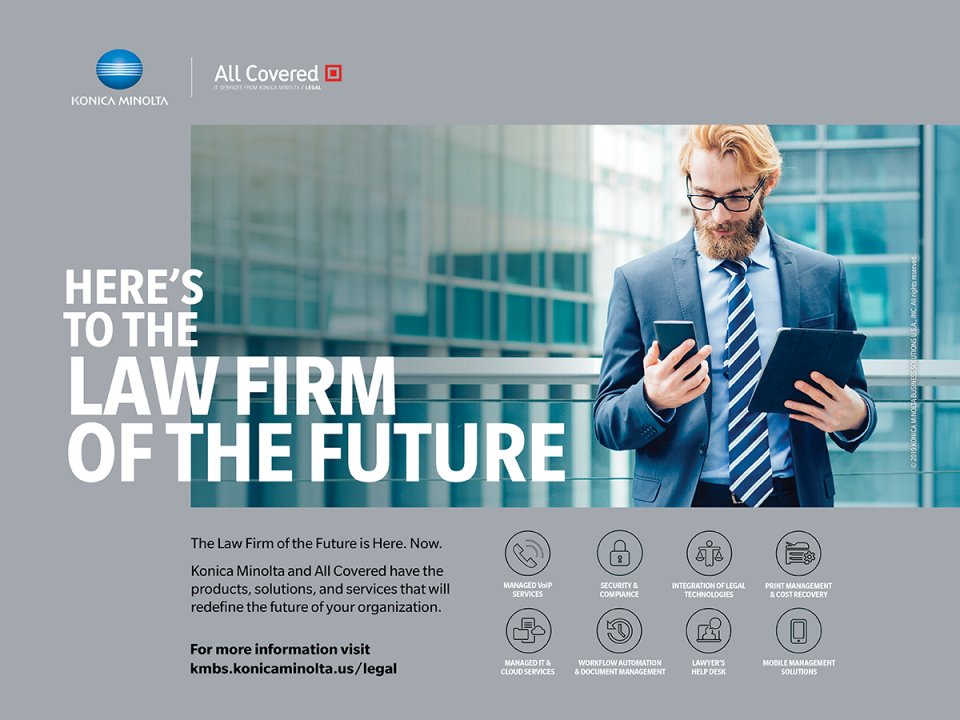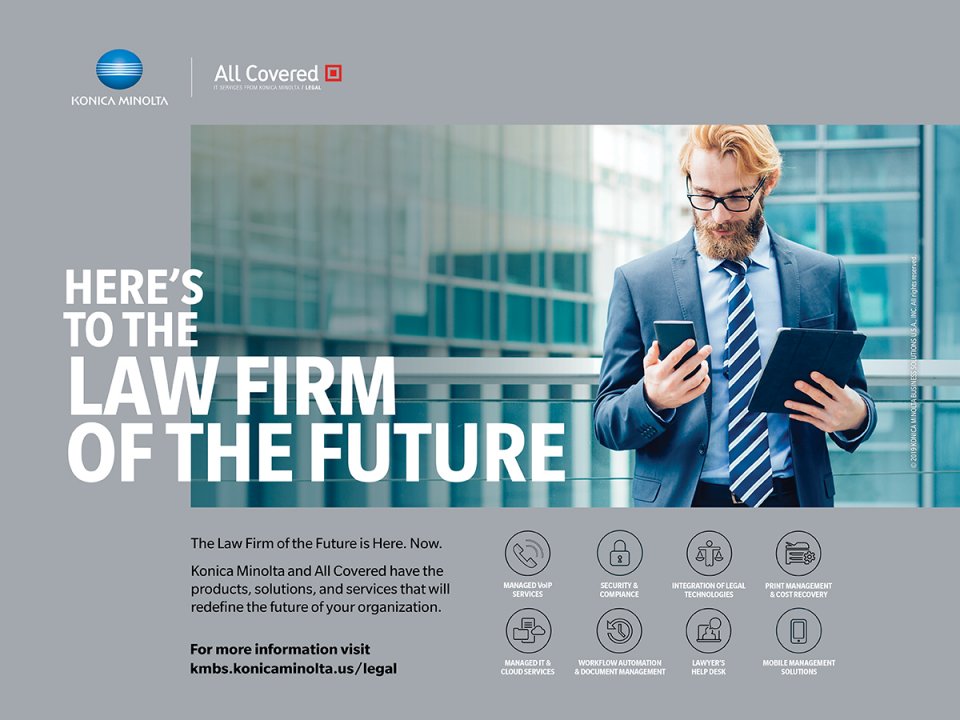These statistics make tapping into the potential of younger generations all the more critical. By 2025, Millennials (generally defined as those born between 1981 and 1996) will make up to 75% of the workforce. So how can legal management professionals prepare their organizations for the coming “silver tsunami” of Baby Boomer retirements?
Despite the ominous statistics, recent data suggests that Baby Boomers plan to work beyond age 65, allowing for a little more time for succession planning. And despite common perceptions of Millennials as “job hoppers,” a recent Thomson Reuters survey of corporate legal management professionals showed that 47% of Millennial respondents intended to stay in their current jobs for more than five years.
Whether they do will depend a lot on the kind of environment that law firms and legal departments create to attract and retain talent. Millennials place a high value on developing meaningful relationships at work and want to feel that their contributions are making a real impact. That’s why it’s important for legal organizations to develop effective mentoring, training and succession planning programs.
Millennials place a high value on developing meaningful relationships at work and want to feel that their contributions are making a real impact.
In this month’s issue, Kylie Ora Lobell’s article “Grooming the Next Generation” offers some practical tips for how to train and engage younger employees. In addition to effective training programs, meaningful participation in the organization is key. The Thomson Reuters survey also showed that more than a third of the Millennial respondents said that cross-team collaboration, opportunities to influence the organization and mentoring were among the most highly valued experiences influencing their job satisfaction.
To help, ALA’s Committee on Diversity and Inclusion has created a “Guide to Cross-Functional Mentoring.” In it, you can find a wealth of resources to assist you in building an effective mentoring program, including a mentor planning questionnaire, sample meeting agendas, mentoring partnership agreements, individual development plans, checklists and more.
And while mentoring and engagement rank very high on the list of satisfaction priorities for Millennials, salary and benefits remain critical as well. As the race for top talent heats up, providing competitive, meaningful compensation packages is key. To see how your organization measures up, look to ALA’s 2019 Compensation and Benefits Survey, which features findings related to more than 10,000 legal industry professionals, including 25 new positions in business development, knowledge management and technology.
For insight into comprehensive succession planning for your organization, ALA VIP business partner NextPath Legal offers a range of member-exclusive services designed to deliver comprehensive succession and contingency planning for your organization. To get started, check out this introductory webinar.
The presence of five generations currently in the workforce can certainly present its share of challenges. But with carefully crafted engagement, mentoring and succession plans, legal organizations can tap into the very best that each generation has to offer and prepare for a successful and sustainable future.


